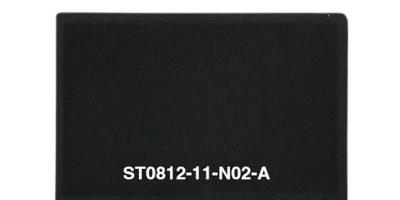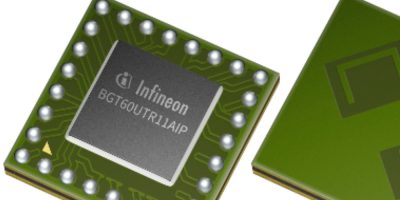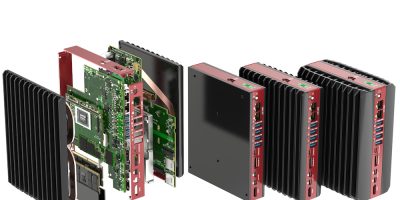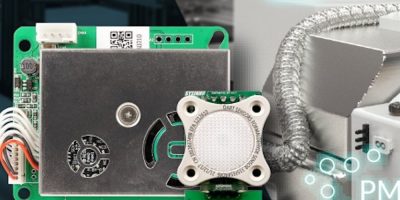The near field communication (NFC) antennas that Amphenol RF has added to its portfolio of internal RF antennas support keyless access and smart tag applications. The antennas are easy to use, said the company and are designed to support NFC Forum standards.
NFC antennas offer high performance capabilities which support NFC Forum wireless standards. They are available in standard configurations with adhesive mount options. They are short range internal antennas which operate at 13.56MHz and are therefore suitable for compact IoT devices such as smartphones, tablets and portable gaming systems as well as in payment readers and ticketing systems. They are also commonly used in devices that require pairing with a Bluetooth device.
NFC antennas are extremely small in size and are manufactured from either PI or FR-4 materials, with or without ferrite and adhesive.
Testing, tuning and measurement capabilities of NFC antennas is available. The antennas are for use in quick, short range data transfer within smart IoT devices, advised Amphenol RF.
The NFC antennas are the latest additions to Amphenol RF’s range of internal and external options. They are designed to meet any design requirement, said the company but custom designs are also available if additional assembly is needed such as cable and connector or combo-design with a wireless charging coil.
Amphenol RF is a manufacturer of coaxial connectors for use in radio frequency (RF), microwave and data transmission system applications. The company is headquartered in Danbury, Connecticut, USA and has sales, marketing and manufacturing locations in North America, Asia and Europe. Standard products include RF connectors, coaxial adapters and RF cable assemblies. Custom engineered products include multi-port ganged interconnect, blind mate and hybrid mixed-signal solutions.







